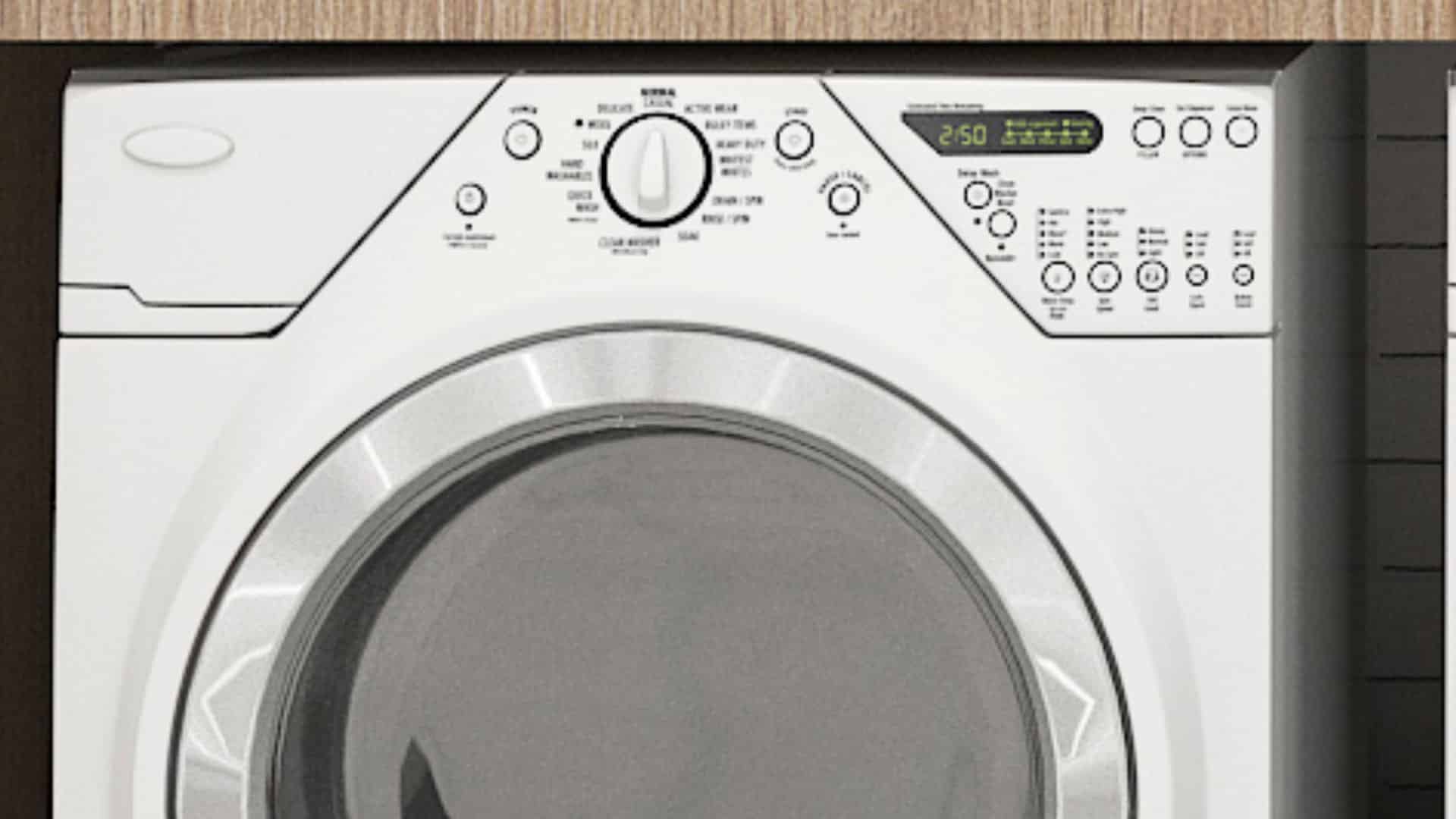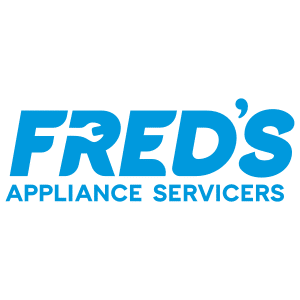Major home appliances, such as washing machines, clothes dryers, refrigerators and ovens, have a direct impact on the overall energy usage of modern-day homes. According to the Energy Information Administration’s (EIA) Residential Energy Consumption Survey, homeowners spend an average of $2,000 per year on electricity alone – and that’s not factoring in the costs of gas or water. As the cost of maintaining a comfortable home continues to rise, families are looking for ways to reduce their monthly utility costs.
Choose Energy Star Appliances
Appliances with the Energy Star label are designed to use less power; therefore, saving the consumer money on his or her electric bill. The company’s official website states: “ENERGY STAR qualified appliances incorporate advanced technologies and use 10 to 50 percent less energy than standard appliances.”
Cutting the power usage of your home appliances in half is pretty impressive, but another benefit to Energy Star products is their improved performance and durability. Each and every product with the Energy Star label must pass a rigorous quality assurance inspection to ensure it contains premium components that prevent wearing and early degradation.
Wash With Cold Water
One energy-saving technique that’s oftentimes overlooked is washing clothes with cold water rather than hot water. Some people naturally assume that hot water yields cleaner clothes, but the fact is that cold water works just as well if not better. And opting to use the cold water setting on your washing machine eliminates the need for the water heater to warm the water.
Seal Your Refrigerator
Refrigerators are one of the most power-hungry appliances in modern-day homes. According to Energy.gov, a typical refrigerator uses five times more power than a television. Thankfully, there are some ways to reduce it’s energy usage. For starters, you should check the sealing (known as the gasket) where the door closes shut. It the sealing is loose, damaged, broken or otherwise not functioning properly, thermal energy will escape, causing the refrigerator to draw more power.
If your refrigerator door isn’t staying closed, check out our previous blog post for some DIY solutions.
Other Energy-Efficient Appliance Tips:
- Save up your dirty laundry until you have a full load before washing it (note: you shouldn’t overload your washing machine, though).
- Avoid over-drying your clothes.
- Clean the lint filter on your dryer between each load.
- Consider line-drying towels, blankets and other thick and/or oversized garment.
- Wait until both the bottom and top dishwasher racks are full before washing.
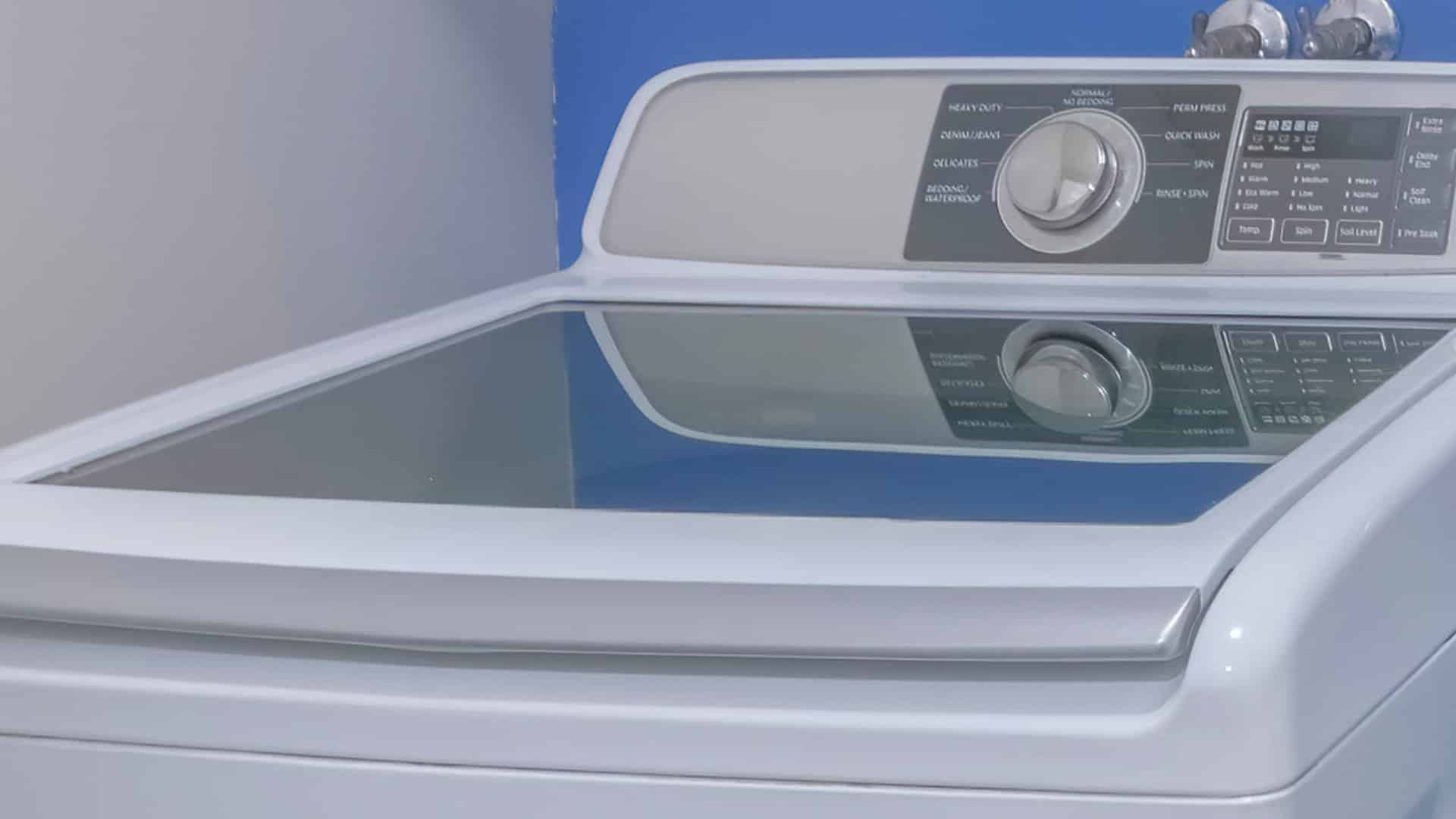
How to Fix the nF Error Code on a Samsung Washer
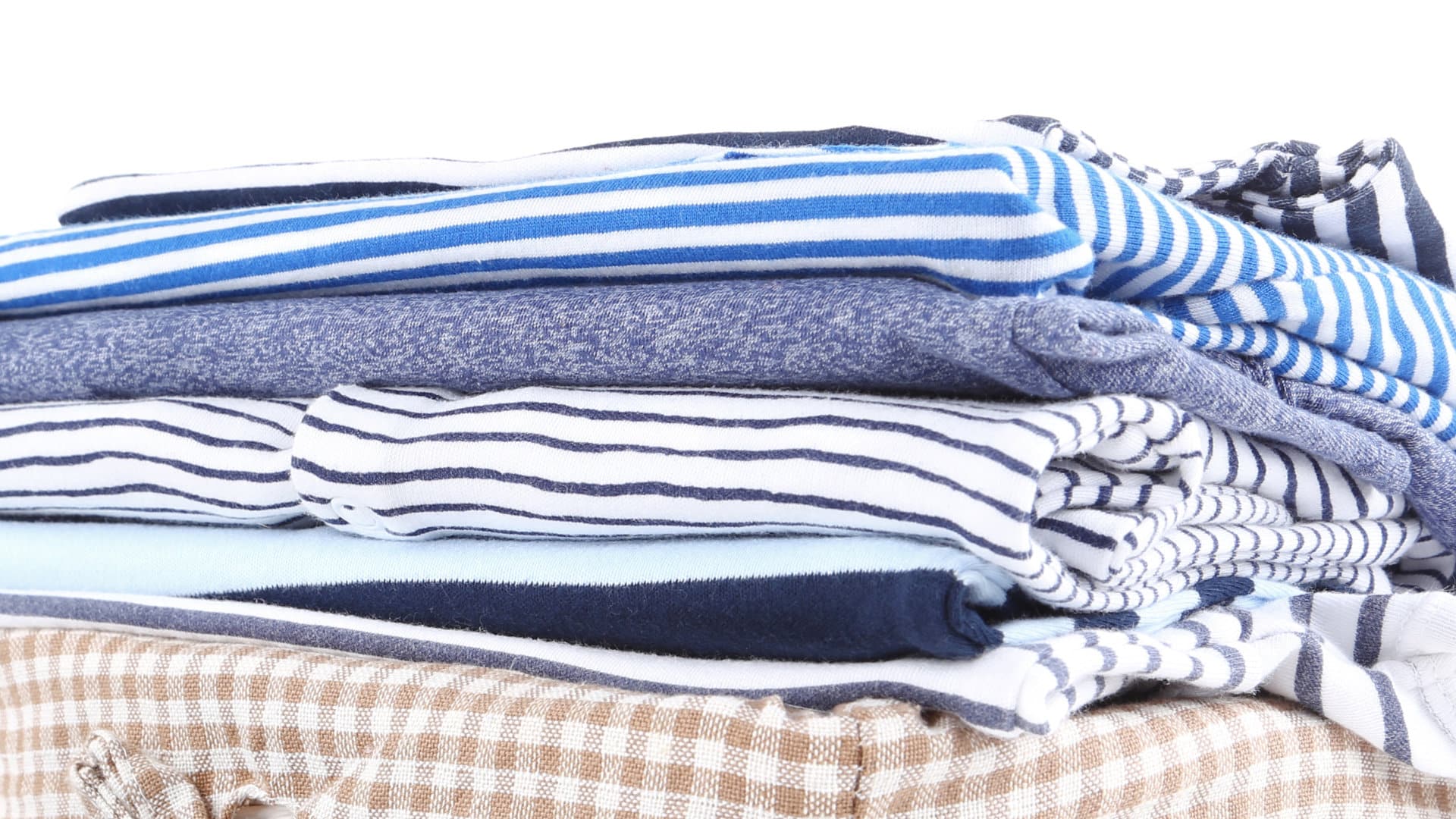
Kenmore Elite Dryer Issues: How To Troubleshoot
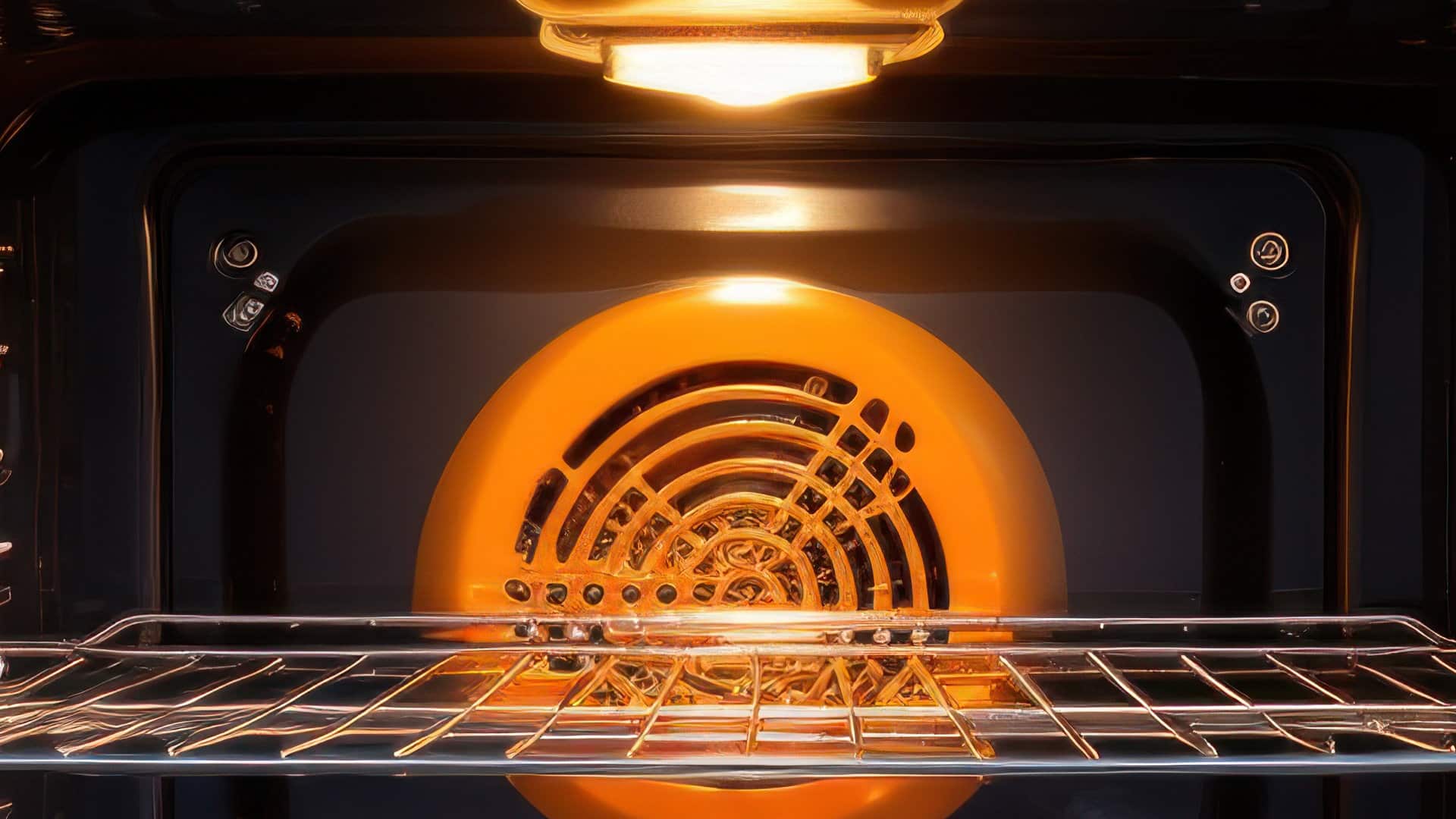
Microwave vs. Oven: Pros and Cons and How They Differ
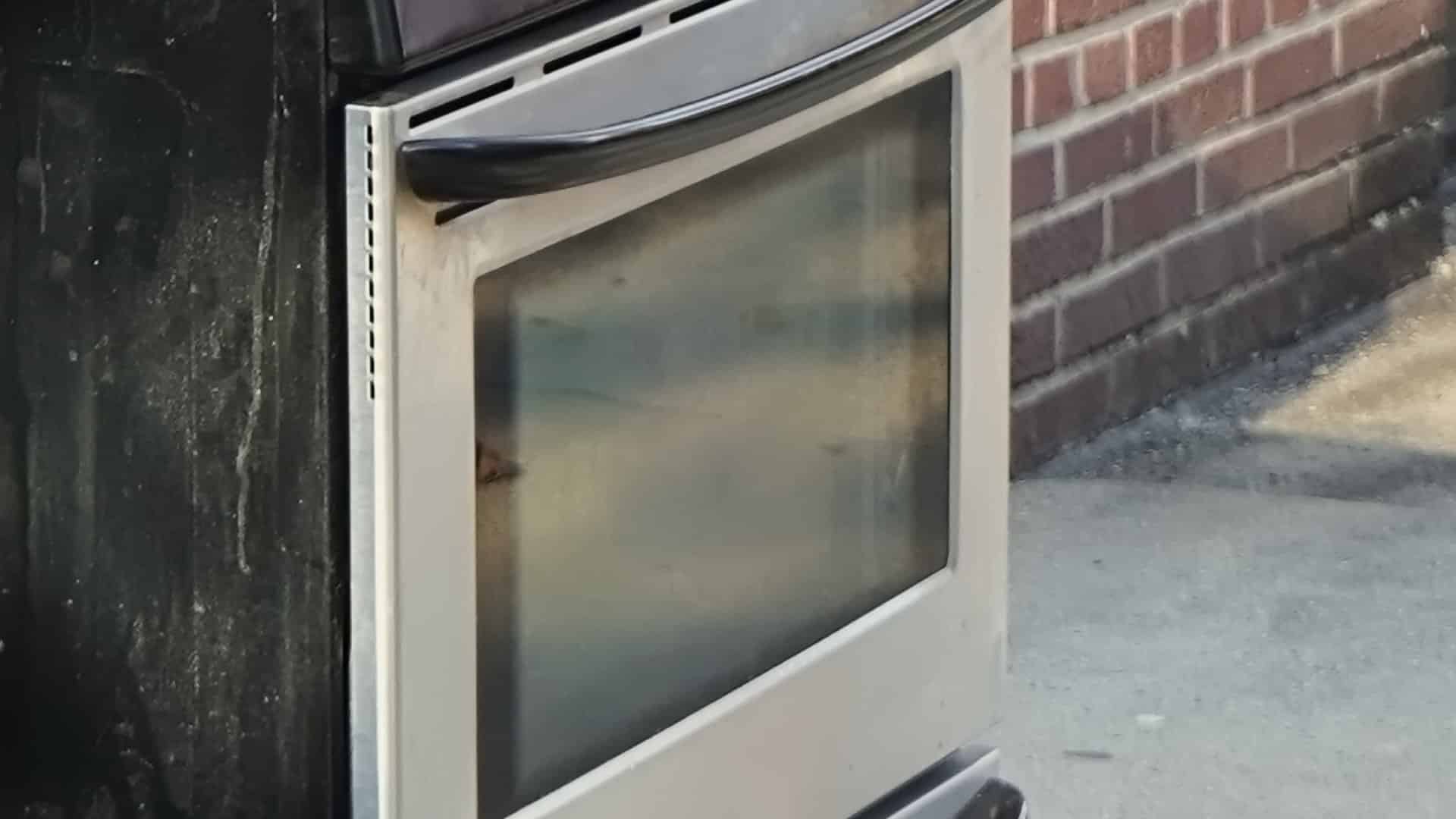
Self-Cleaning Oven Smell: Causes & Odor Reduction Tips
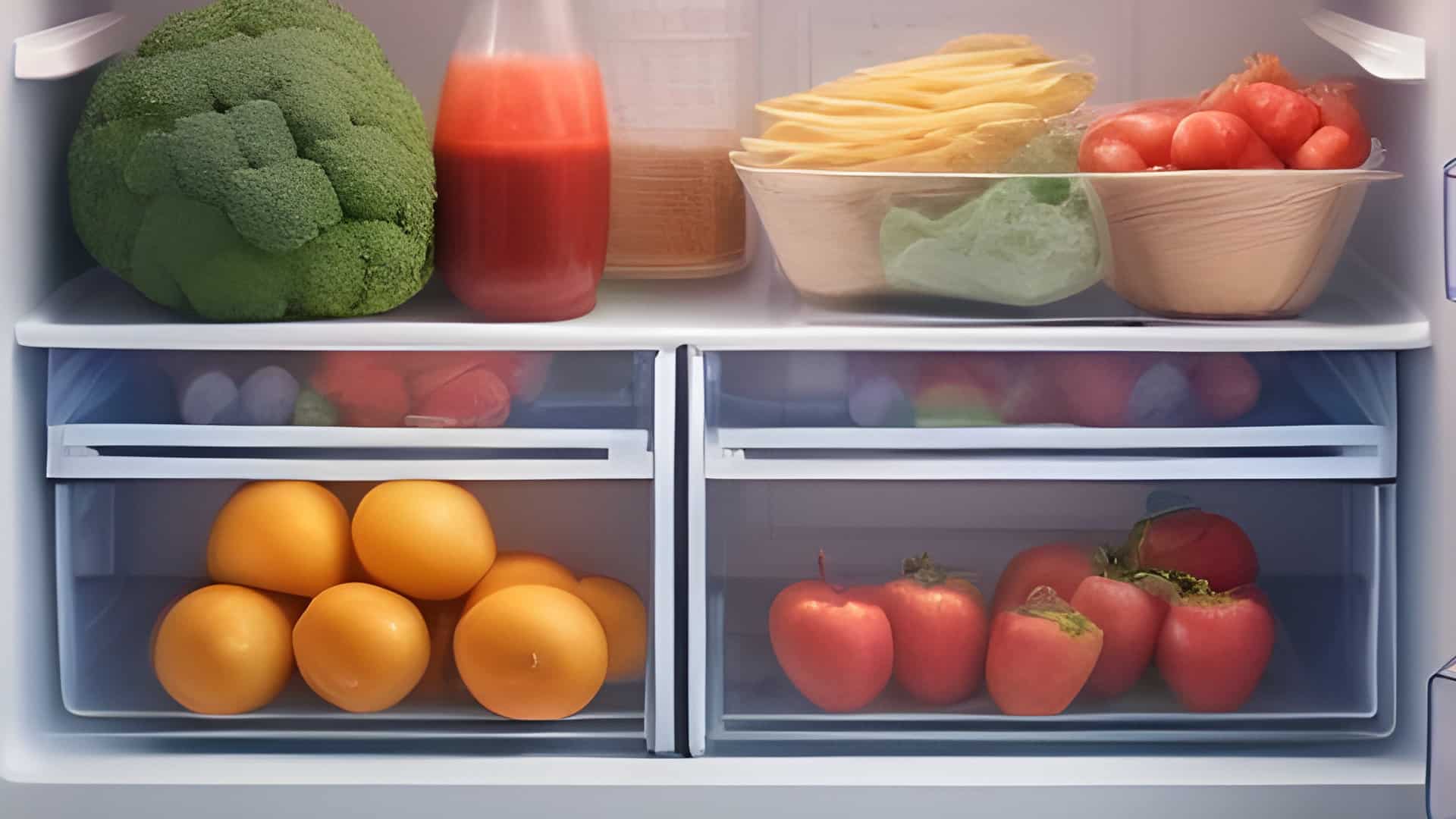
Frigidaire Ice Maker Not Working? 7 Ways to Fix It
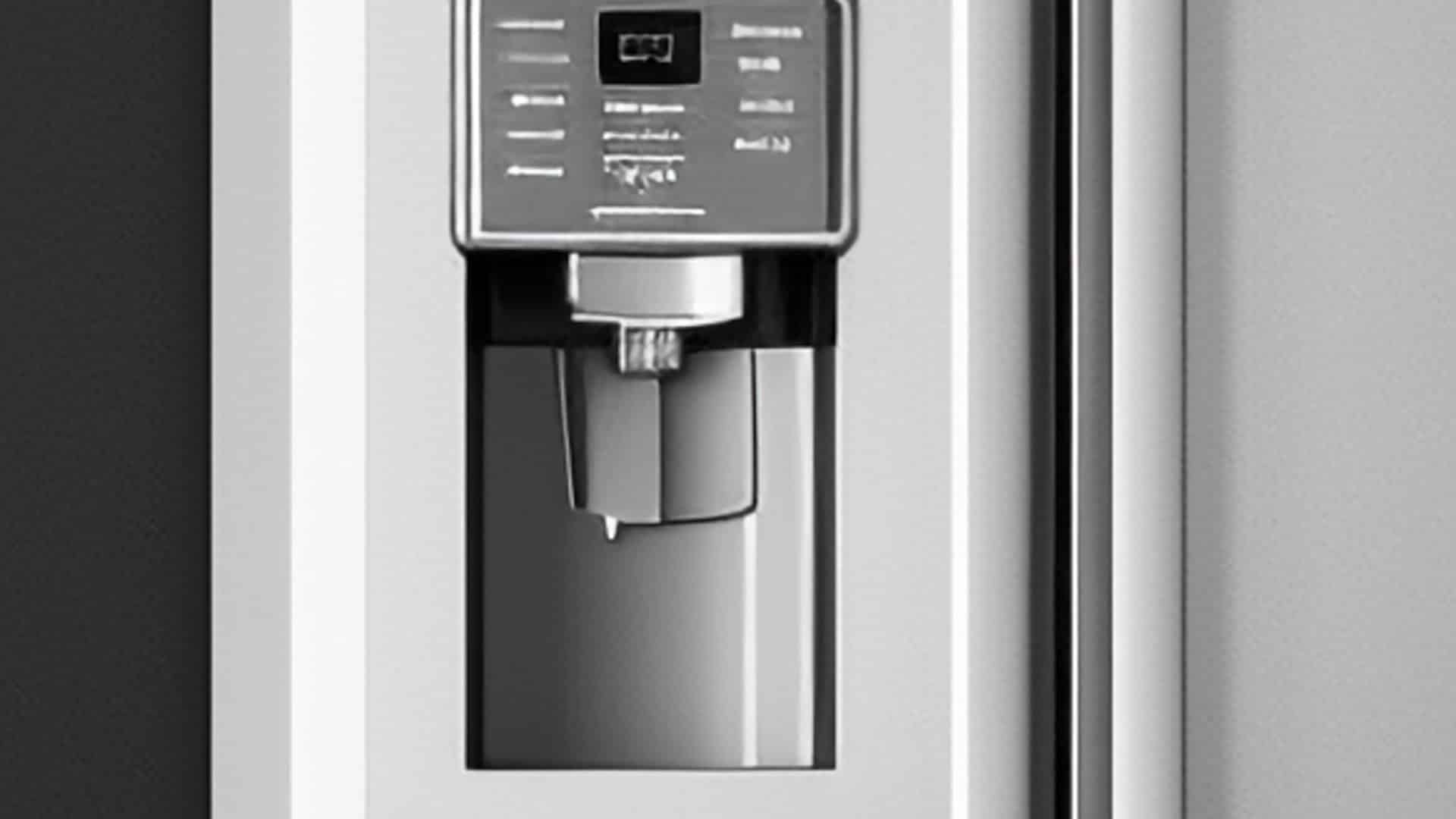
Why Is Your LG Refrigerator Not Cooling? (9 Common Reasons)
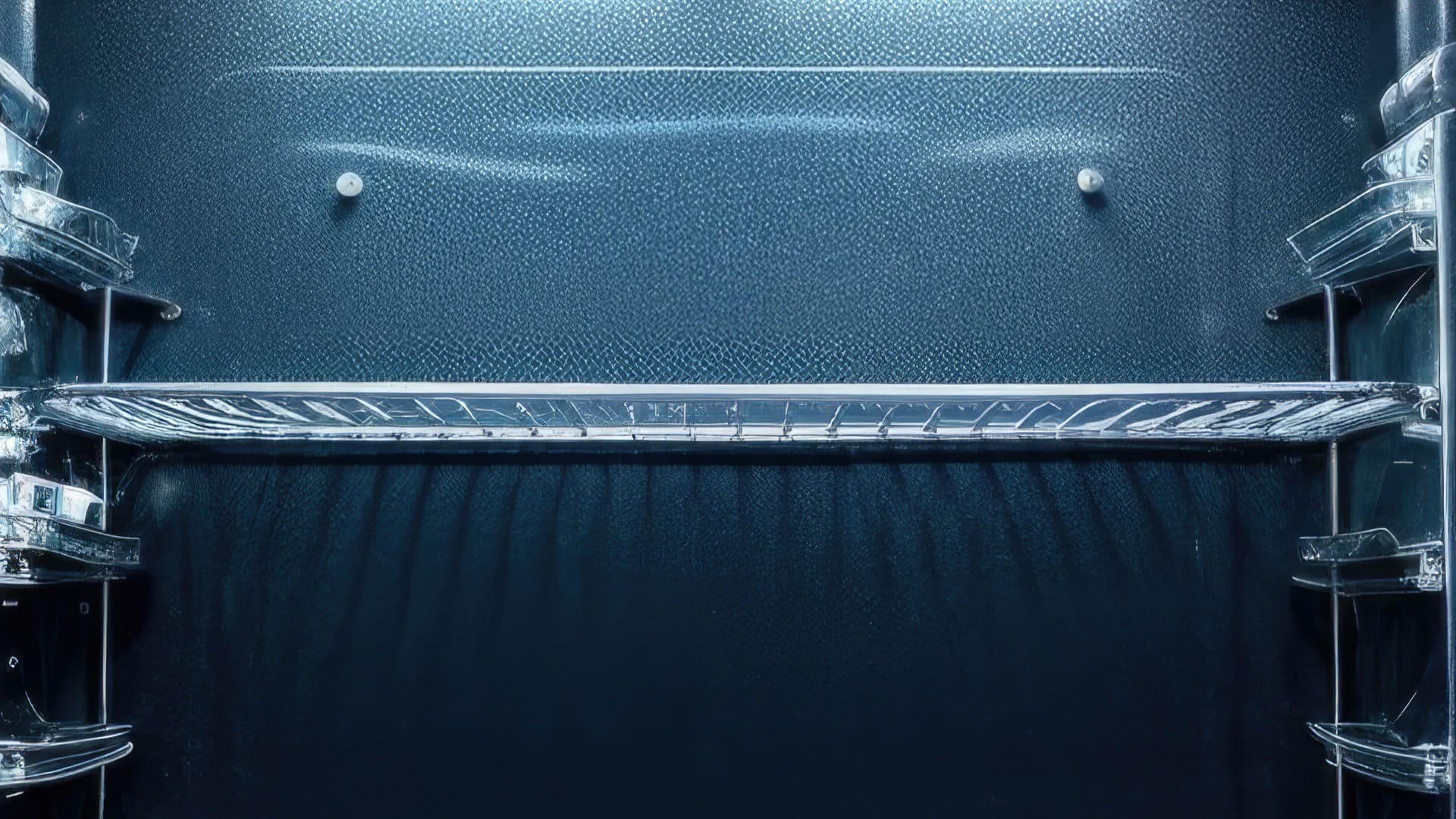
GE Oven F2 Error: Causes & Solutions
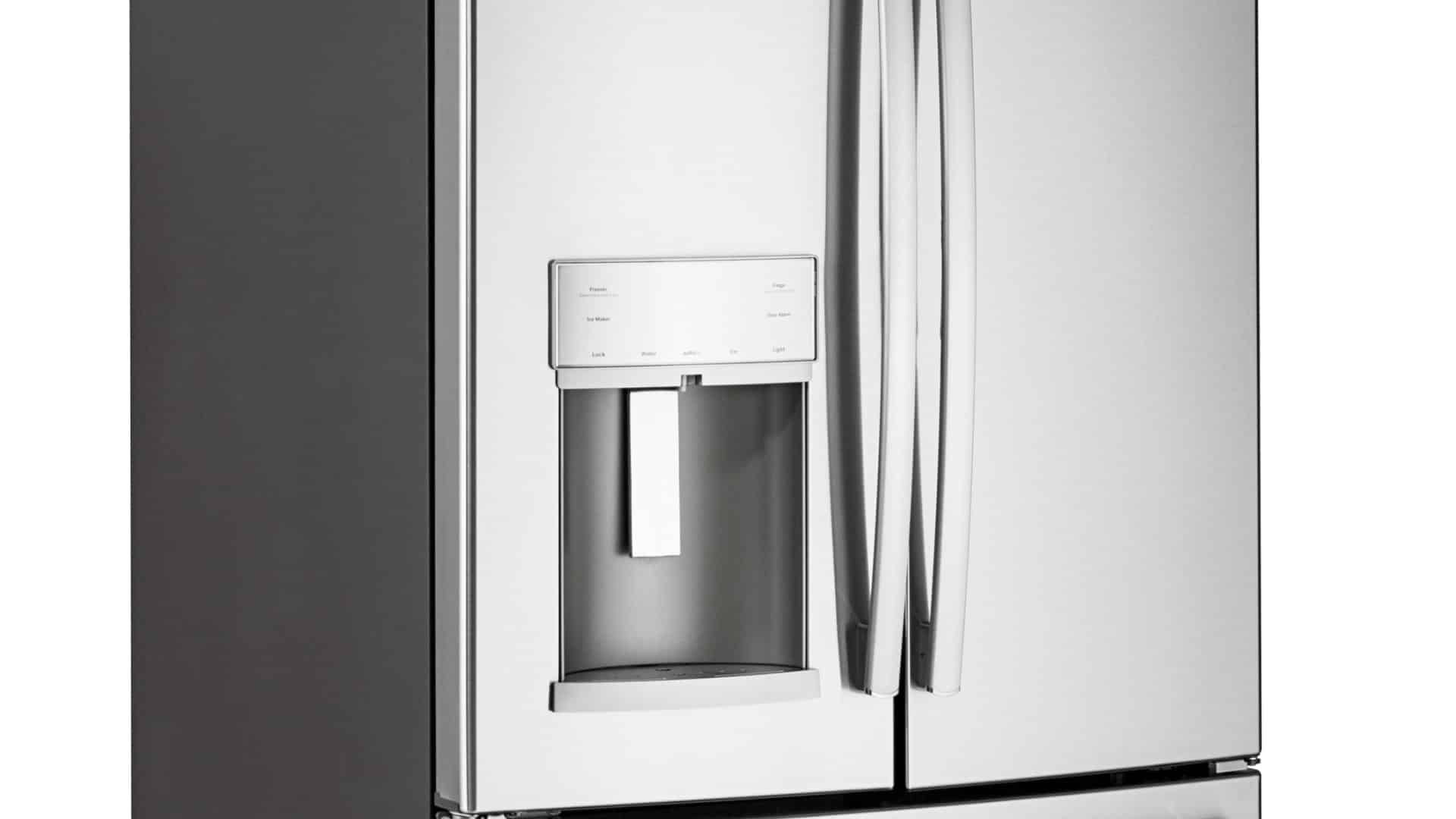
How to Reset the Water Filter Light on a Samsung Refrigerator
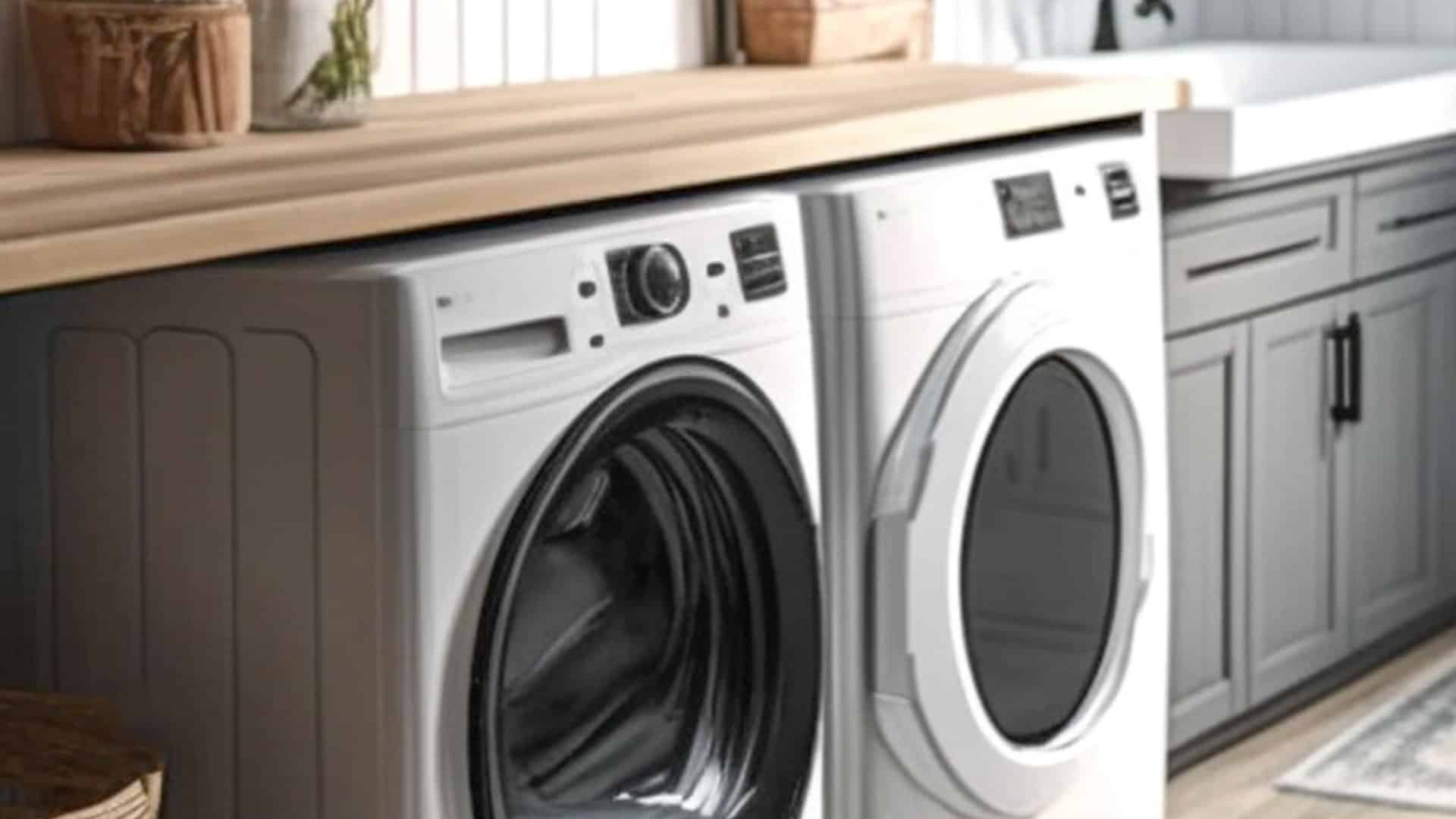
Maytag Washer Showing F5 Error Code? Here’s What To Do
